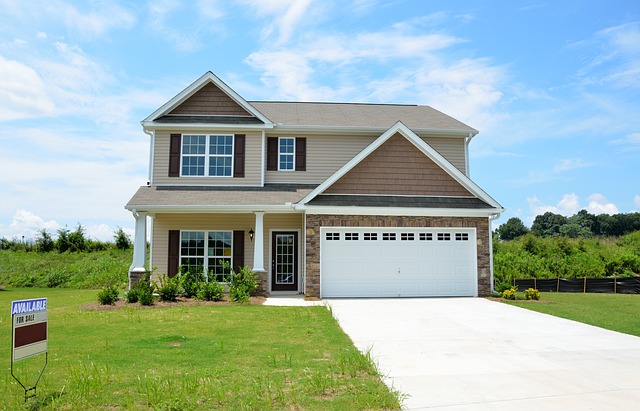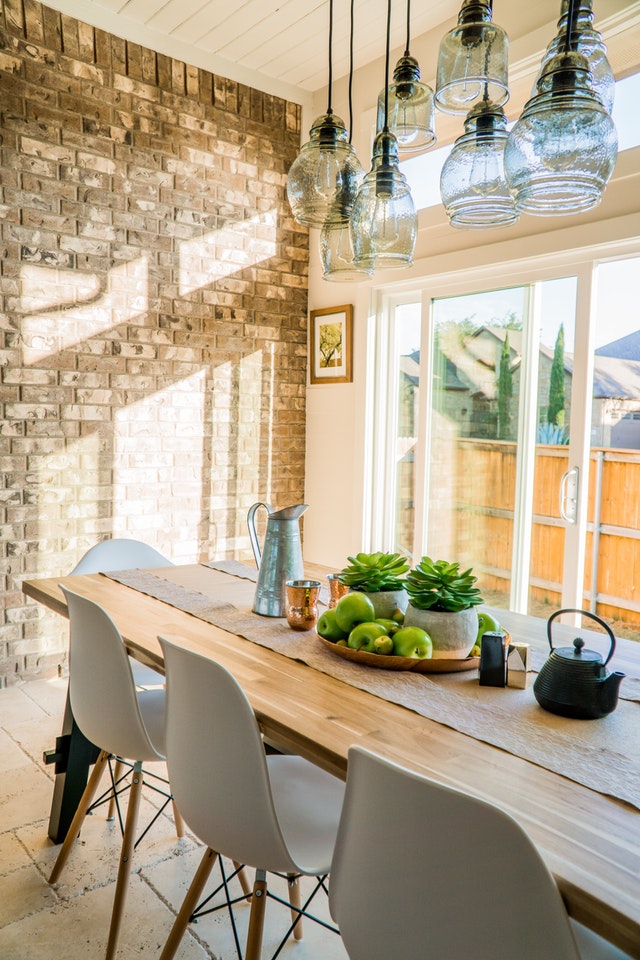NAHB: Housing Market Index Flat in March
 Builder sentiment held steady in March as headwinds in housing markets affected homebuilder confidence, but National Association of Home Builders Chairman Greg Ugalde said that builders were looking forward to a “solid spring home-buying season.” Builder sentiment mirrored February’s index reading of 62; analysts expected an uptick to 63.
Builder sentiment held steady in March as headwinds in housing markets affected homebuilder confidence, but National Association of Home Builders Chairman Greg Ugalde said that builders were looking forward to a “solid spring home-buying season.” Builder sentiment mirrored February’s index reading of 62; analysts expected an uptick to 63.
Any Housing Market Index reading over 50 indicates that more builders than fewer have a positive outlook on housing market conditions. The average reading for 2018 was 67, which indicated that builders were less confident current market conditions for new homes than in 2018.
HMI Component Readings Mixed in March
Three sub-readings used to calculate the monthly Housing Market Index reading showed builder confidence in current market conditions rose two points to 68; Builder confidence in market conditions over the next six months rose three points to 71 and homebuilder confidence in buyer traffic dipped four points to 44. Readings for buyer traffic seldom exceed the benchmark reading of 50.
The National Association of Home Builders said in a statement that housing markets are “stabilizing,” but did not say that housing markets were growing. Economists and housing market analysts rely on the Housing Market Index for clues about future housing production. Demand for new homes has been strong for years, but headwinds including tariffs on building materials and labor shortages continued to impact construction rates. More new homes on the market could ease pent-up demand for homes, but rapidly rising home prices are making home ownership less feasible for first-time and moderate-income home-buyers.
Imbalance Between New Homes Built and Consumer Needs
Analysts called out a problematic trend in meeting demands for new homes. Price points are frequently beyond affordable for most buyers, and new housing developments often trend toward larger homes with higher prices. Analysts said that from 2010 to 2017, the average size of new homes increased by 300 square feet while household size decreased over the same period. Lower mortgage rates benefit homebuyers concerned over affordable house payments, but strict mortgage qualification requirements limit the number of potential home buyers that can qualify for mortgage amounts needed to buy homes.
If you are in the market for a new home or interested in refinancing your current property, be sure to contact your trusted home mortgage professional.

 Hunting for your new home can be a confusing process. There are countless factors you need to take into account to ensure your new location fits your family’s lifestyle and preferences. In their excitement, first-time home buyers can easily overlook some essential points about their potential property.
Hunting for your new home can be a confusing process. There are countless factors you need to take into account to ensure your new location fits your family’s lifestyle and preferences. In their excitement, first-time home buyers can easily overlook some essential points about their potential property. The success of your real estate ventures depends on your ability to navigate the financial world. Learn these terms to make it easier to understand what’s going on with your real estate investments.
The success of your real estate ventures depends on your ability to navigate the financial world. Learn these terms to make it easier to understand what’s going on with your real estate investments. The real estate market and all the things involved in selling a home can seem complicated, and it can be very hard to know which tips to trust. While there’s plenty of great advice to go around from many knowledgeable sources, here are some of the best tips from home sellers who have made a successful sale.
The real estate market and all the things involved in selling a home can seem complicated, and it can be very hard to know which tips to trust. While there’s plenty of great advice to go around from many knowledgeable sources, here are some of the best tips from home sellers who have made a successful sale. Are you saving up money for a down payment? Saving money to put down on a home is always a smart idea, but there are right ways and wrong ways to go about it. Understanding how to best save for a down payment will go a long way toward ensuring you’re ready when you finally find the house of your dreams.
Are you saving up money for a down payment? Saving money to put down on a home is always a smart idea, but there are right ways and wrong ways to go about it. Understanding how to best save for a down payment will go a long way toward ensuring you’re ready when you finally find the house of your dreams.